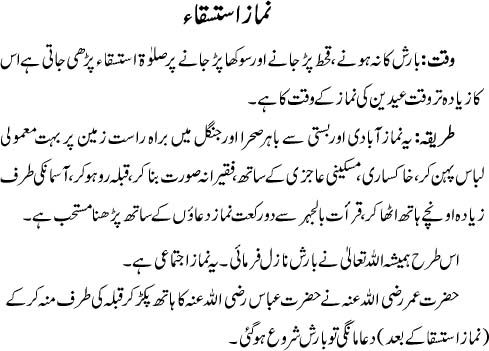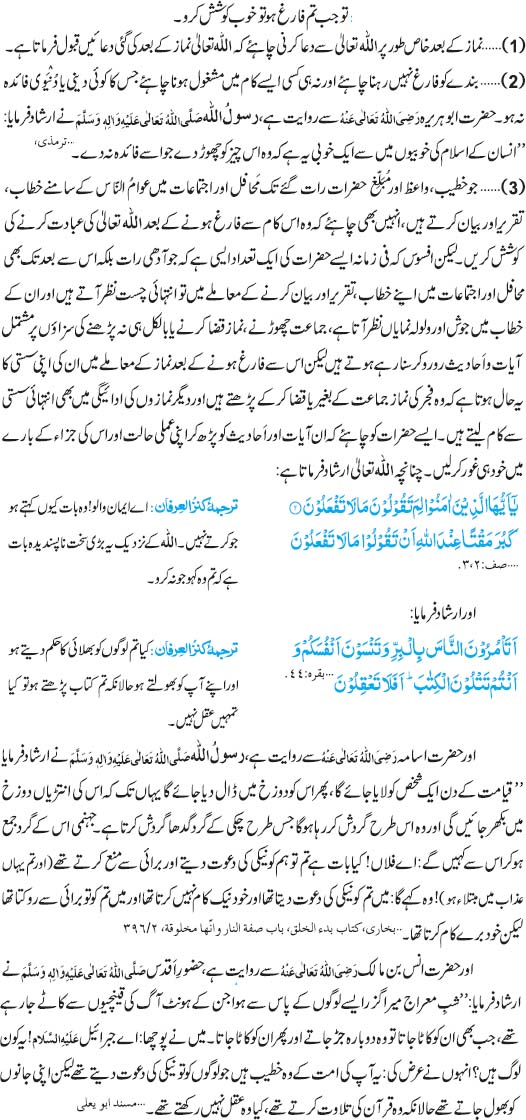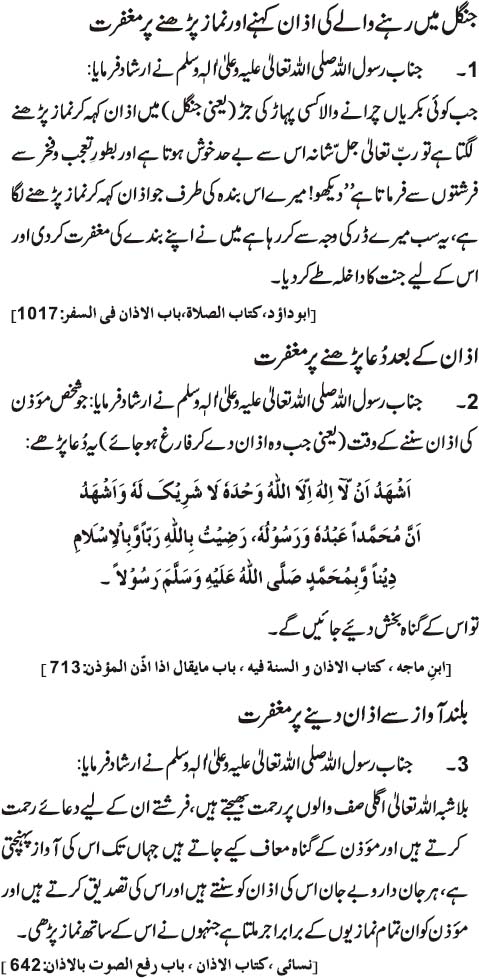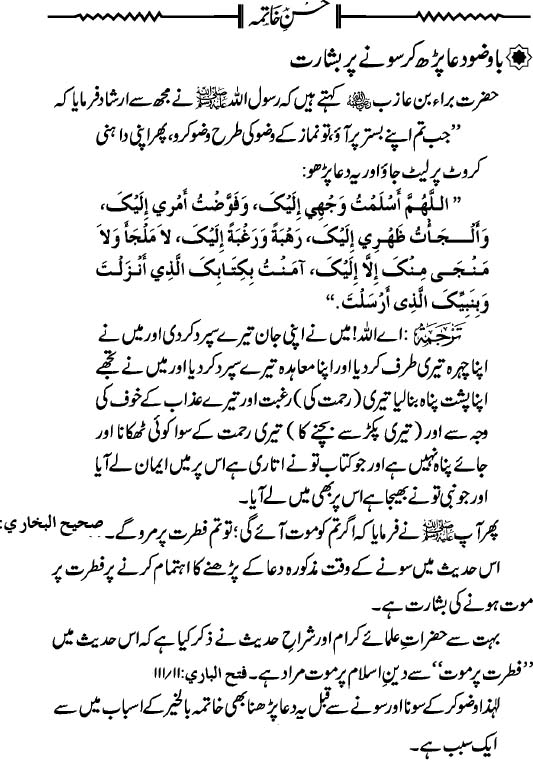









Qurani Duain. Prayers and supplications found in the Holy Quran
TAG: Dua
25 Ways To Remove Stress And Anxiety From Your Life
1. Ask Him. He Listens: Dua
Turn each anxiety, each fear, and each concern into a Dua (supplication). Look at it as another reason to submit to God and be in Sajdah (prostration), during which you are closest to Allah. God listens and already knows what is in your heart, but He wants you to ask Him for what you want. The Prophet said, “Allah is angry with those who do not ask Him for anything” (Tirmidhi).
The Prophet once said that in prayer, he would find rest and relief (Nasai). He would also regularly ask for God’s forgiveness and remain in prostration during prayer, praising God (Tasbeeh) and asking for His forgiveness (Bukhari).
Allah wants you to be specific. The Prophet advised us to ask Allah for exactly what we want instead of making vague Duas. Dua is the essence of worship (the Prophet as quoted in Tirmidhi).
“Call on your Lord with humility and in private: for Allah loveth not those who trespass beyond bounds. Do not make mischief on the earth, after it hath been set in order, but call on Him with fear. And longing (in your hearts): for the mercy of Allah is (always) near to those who do good” (Quran 7:55-56).
2. Tie your Camel: Do your Part
One day, Prophet Muhammad , peace and blessings be upon him, noticed a Bedouin leaving his camel without tying it. He asked the Bedouin, “Why don’t you tie down your camel?” The Bedouin answered, “I put my trust in Allah.” The Prophet then said, “Tie your camel first, then put your trust in Allah” (Tirmidhi).
Namaz-e-Istisqa

Namaz-e-Istisqa (Barish Ki Namaz) Ka Tariqa
Tu Jab Tum Farigh Ho Tu Khoob Koshish Karo

Tu Jab Tum Farigh Ho Tu Khoob Koshish Karo
Azan Kehne Aur Azan Kay Baad Dua Parhne Par Maghfirat

Azan Kehne Aur Azan Kay Baad Dua Parhne Par Maghfirat
Ba-Wudu Dua Parh Kar Sona

Husn e Khatma, Khatma Bil Khair Ba-Wudu Dua Parh Kar Sona
Masnoon Dum Kay Fawaid

Masnoon Dum Kay Fawaid
16 Duas To Safe Guard From Kuffar
1) Upon Allah do we rely. Our Lord, make us not [ objects of ] trial for the wrongdoing people. And save us by Your Mercy from the disbelieving people.” [Quran-Surah-Yunus 10/85-86]
2) Our Lord, make us not [ objects of ] torment (severe physical and mental sufferings) for the disbelievers and forgive us, our Lord. Indeed, it is You who is the Exalted in Might, the Wise. [Al-Mumtahinah 60/5]
3) Our Lord, forgive us our sins and the excess [committed] in our affairs and set firmly our feet and give us victory over the disbelieving people. [Al-Imran 3/147]
4) Our Lord, do not place us with the wrongdoing people. [Al-A’raf 7/47]
5) Our Lord! Do not punish us if we forget or make a mistake. Our Lord! Do not place a burden on us like the one you placed on those before us. Our Lord! Do not burden us with what we cannot bear. Pardon us, forgive us, and have mercy on us. You are our ˹only˺ Guardian. So grant us victory over the disbelieving people
[Al-Baqarah 2/286]
6) Our Lord, pour upon us patience and plant firmly our feet and give us victory over the disbelieving people.
[Al-Baqarah 2/250]
7) My Lord, support me against the corrupting people. [Al-Ankabut 29/30]
8) My Lord, save me from the wrongdoing people. [Al- Qasas 28/21]
9) My Lord, then do not place me among the wrongdoing people. [Al-Muminun 23/94]
10) Indeed, I am overpowered, so help (me). [Al-Qamar 54/10]
11) Sufficient for me is Allah; there is no deity except Him. On Him, I have relied, and He is the Lord of the Great Throne [At-Tawbah 9/129]
From Hadith and Sunnah
12) O Allah, we place You before them and we take refuge in You from their evil. [Abu Dawood 2/89-AlHaakim declared it authentic]
13) O Allah! I seek refuge with you from (worries) care, and grief, from incapacity and laziness, from miserliness and cowardice, from being heavily in debt and from being overpowered by other men. [Bukhari 8/374]
14) Allah’s Apostle used to seek refuge with Allah from the difficult moment of a calamity and from being overtaken by destruction and from being destined to an evil end, and from the malicious joy of enemies. [Bukhari 8/358]
15) O Allah, protect me from them with what You choose. [Muslim 4/2300]
16) Indeed, we belong to Allah, and indeed to Him we will return. O Allah! Reward me for my calamity, and replace it for me with that which is better. [Muslim]
Tahajjud Ki Namaz Kay Fazail

Tahajjud Kay Fazail
Dunya Aur Akhrat Ki Behtri Kay Liye Dua Mangni Chahiye

Dunya Aur Akhrat Ki Behtri Kay Liye Dua Mangni Chahiye

